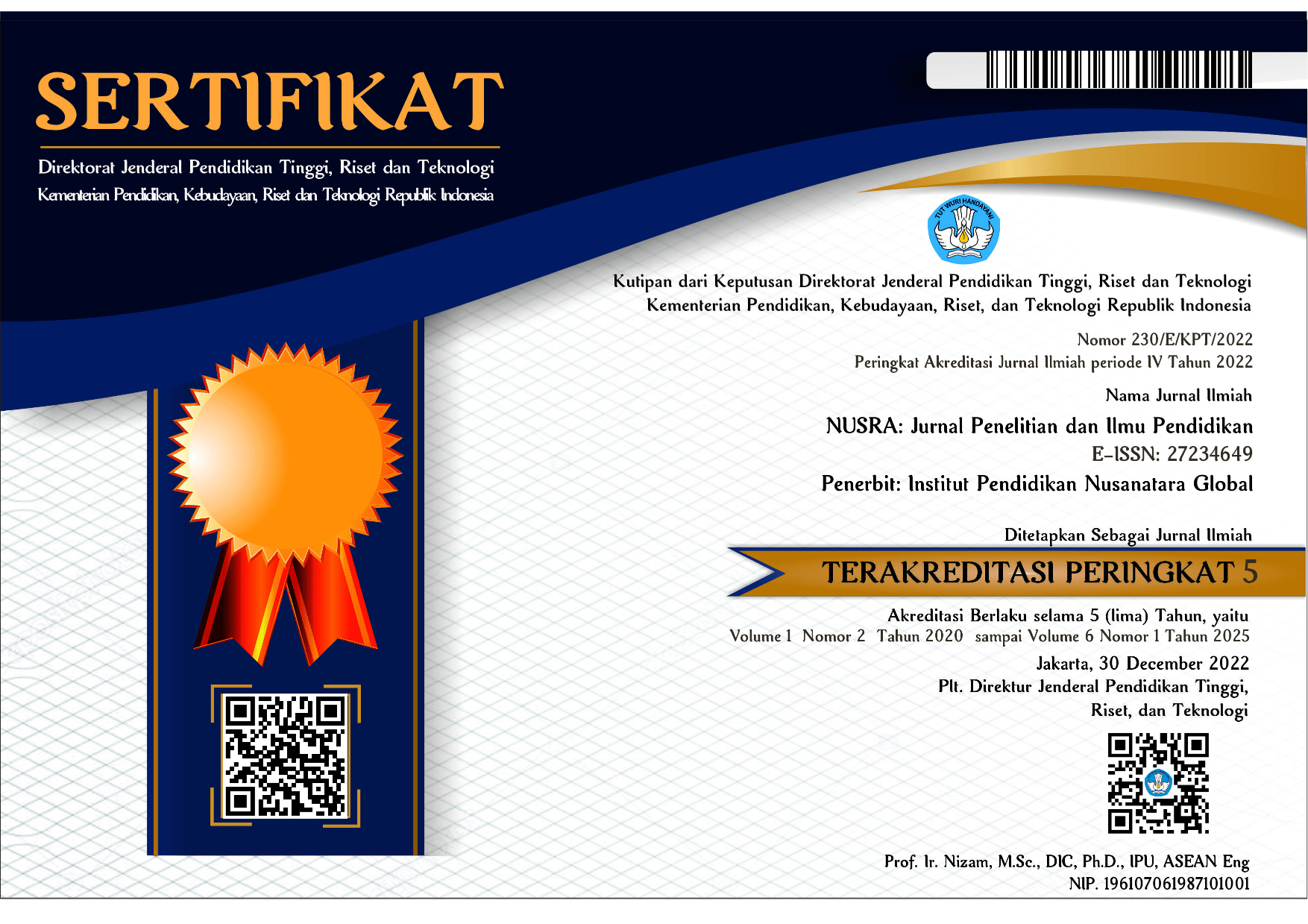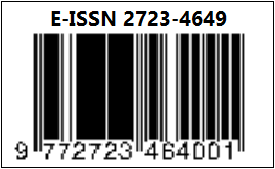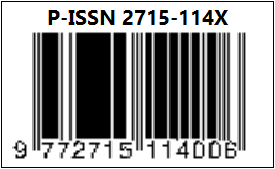PENGARUH MODEL PEMBELAJARAN KOOPERATIF THINK PAIR SHARE (TPS) TERHADAP HASIL BELAJAR PKN DI SDN SUMBEK LOMBOK TENGAH
DOI:
https://doi.org/10.55681/nusra.v4i4.1734Keywords:
TPS (Think, Pair, Share) Learning Model, Cooperative Learning, Civics Learning OutcomesAbstract
This research aims to determine the effect of implementing the TPS (Think, Pair, Share) learning model on the Civics learning outcomes of fifth grade students at Sumbek State Elementary School, Central Lombok. This research uses an experimental design in the form of True Experimental Design Type Pre test-Post test Control Group Design with one type of treatment using an experimental class and a control class. The sampling technique uses a total sampling technique (entire sample). The data collection technique uses the Civics learning outcomes test method. The data analysis technique uses the t-test to test the effect of implementing the TPS learning model on Civics learning outcomes. The results of this research show that the calculated average post test score for the experimental class was 83.29, higher than the average for the control class, which was 77.37. The results of data analysis show that the calculated t value is 3.200 > t table 2.013. This means that there is a significant difference between the post-test results of the experimental class which used the TPS learning model and the control class which did not use the learning model. This can be interpreted as meaning that learning that uses the TPS learning model has higher learning outcomes compared to learning that does not use the learning model. Thus, it can be concluded that there is a positive influence of the application of the TPS learning model on the Civics learning outcomes of class V students at Sumbek State Elementary School, Central Lombok.
Downloads
References
Habibi, M. R. (2021). Penerapan Model Tipe Think Pair Share (Tps) Dalam Meningkatkan Hasil Belajar Matematika Materi Volume Kubus Dan Balok Siswa Kelas V Semester 2 Di Sdn 1 Rarang Selatan Tahun Pelajaran 2021/2022. Jurnal Ilmiah Global Education, 2(1), 45-50.
Iskandar. 2009. Metodelogi Penelitian Pendidikan dan Sosial (Kuantitatif dan Kualitatif). Jakarta: Gaung Persada Press Jakarta.
Kencana. Sudjana,2008. Penilaian Hasil Proses Belajar Mengajar. Bandung: PT Remaja Rosdakarya.
Wijaya, Tony. 2013. Ananliss Data Penelitian menggunakan SPSS. Yogyakarta. Universitas Atmajaya.
Winarno, 2014. Pembelajaran Pendidikan Kewarganegaraan. Jakarta: Bumi Aksara.
Trianto Ibnu Badar, 2014. Mendesain Model Pembelajaran Inovatif, Progresif, dan Kontekstual. Jakarta. Prenadamedia Group.
Sugiyono. 2013. Statistika untuk Penelitian. Bandung. Alfabeta.
Sugiyono. 2013. Statistika untuk Penelitian. Bandung. Alfabeta.
Sudaryono, Margono, Gaguk & Rahayu Wardani. 2013. Pengembangan Instrumen Penelitian Pendidikan. Yogyakarta. Graha Ilm.
Yuliani, M., Habibi, M. R., & Hidayat, T. (2023). Pengaruh Model Pembelajaran Value Clarification Technique (Vct) Tipe Percontohan Terhadap Hasil Belajar Ips Siswa Kelas Iii Sdn Sumbek Lombok Tengah. NUSRA: Jurnal Penelitian dan Ilmu Pendidikan, 4(2), 251-257.
Downloads
Published
How to Cite
Issue
Section
License
Copyright (c) 2023 NUSRA: Jurnal Penelitian dan Ilmu Pendidikan

This work is licensed under a Creative Commons Attribution-ShareAlike 4.0 International License.














